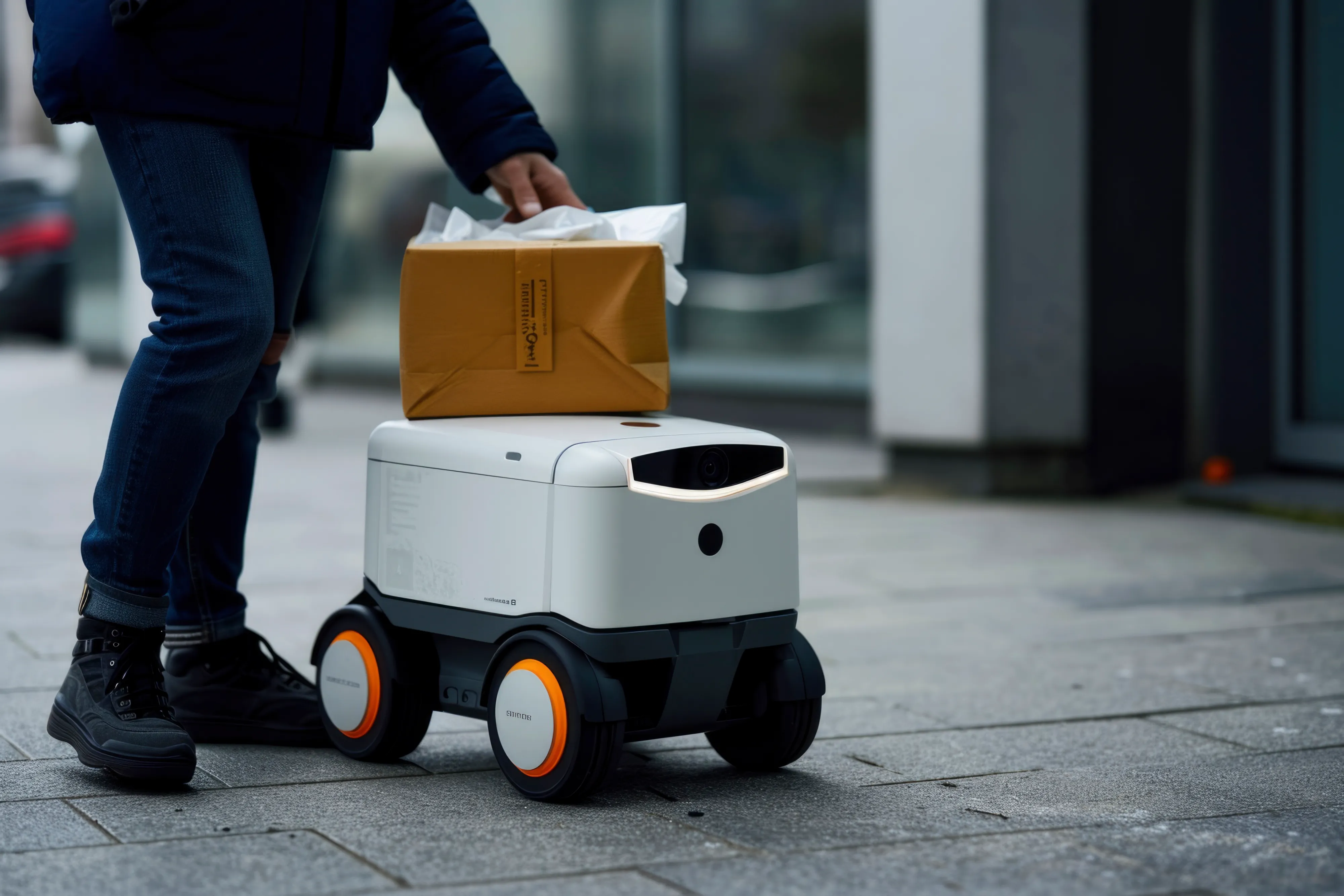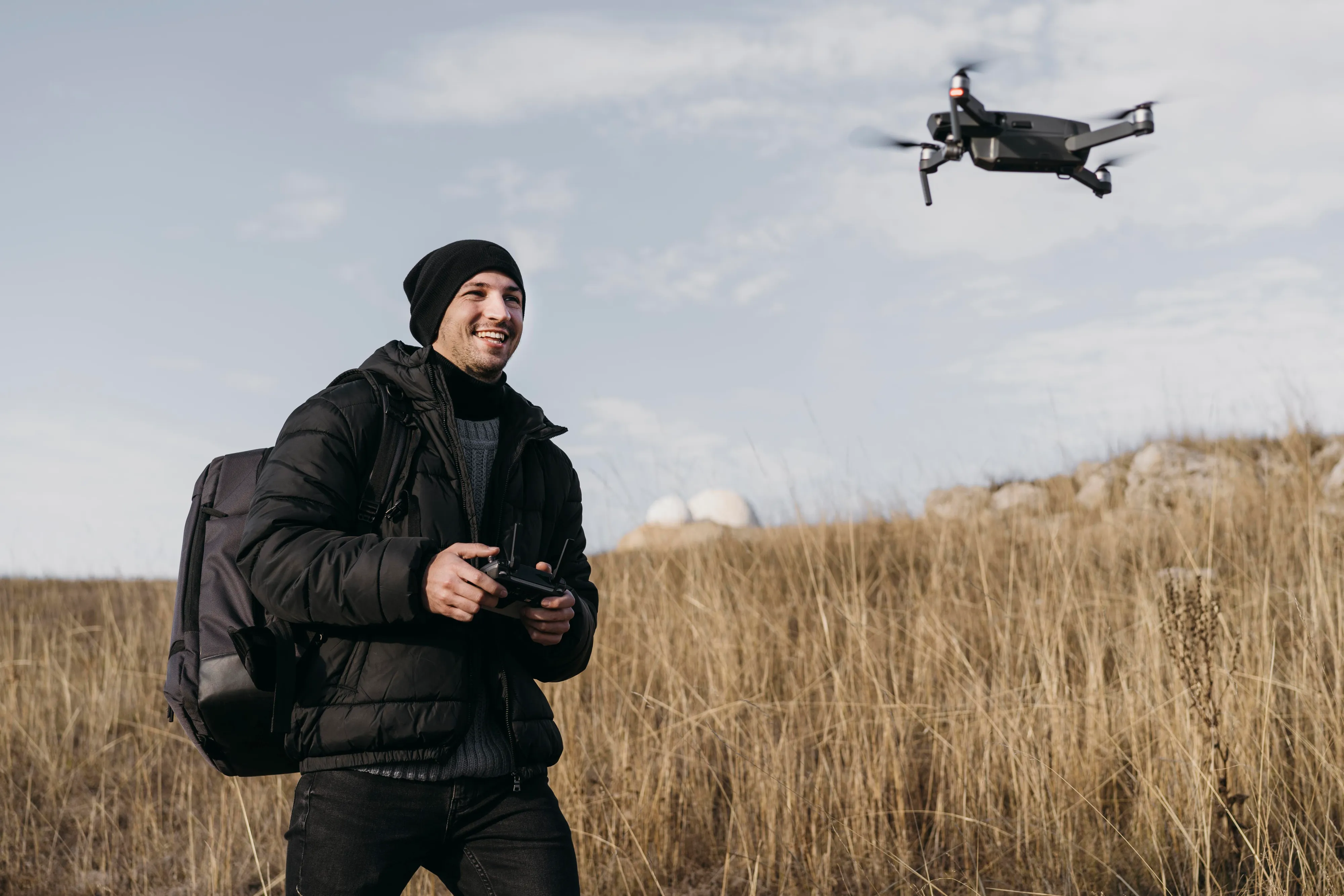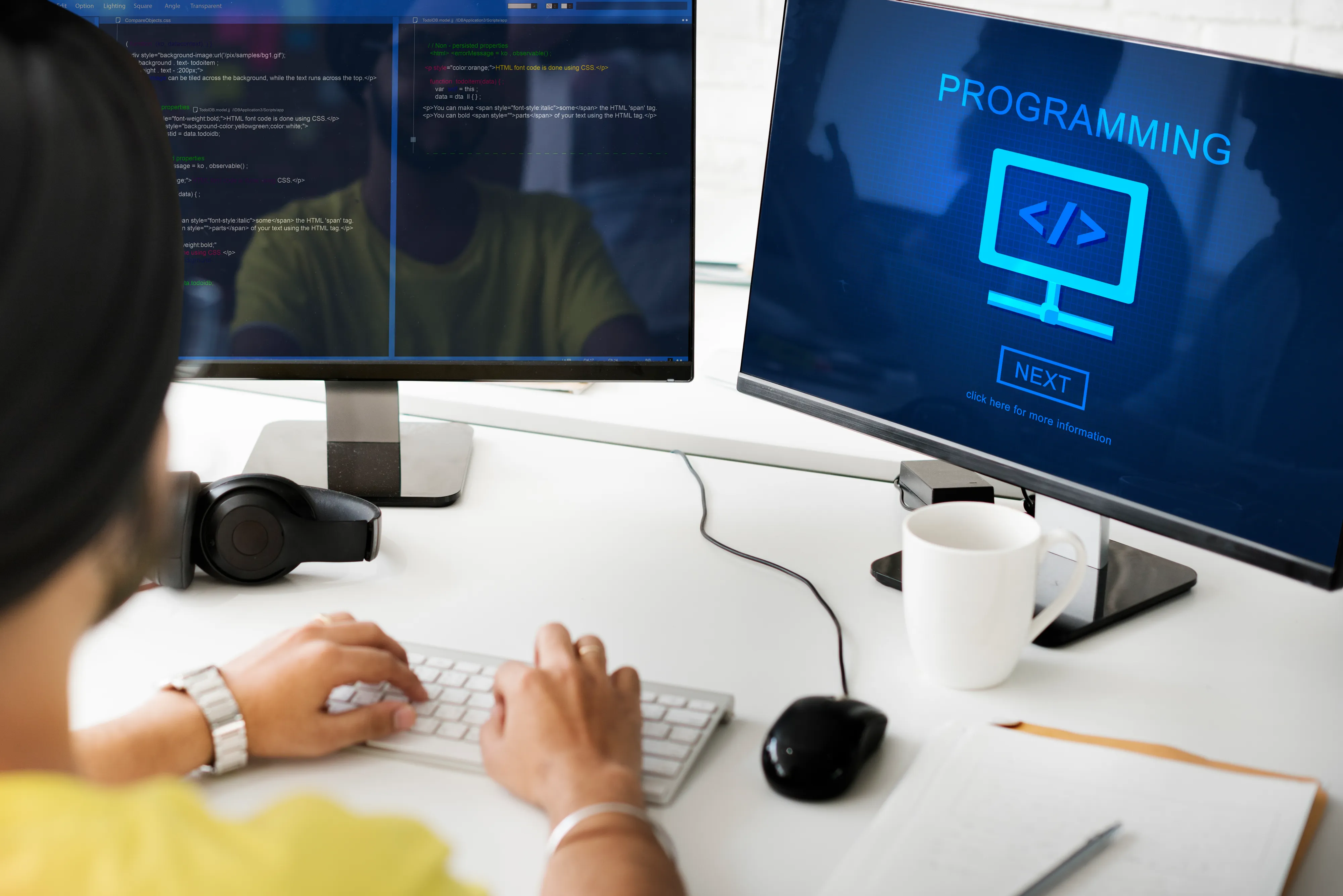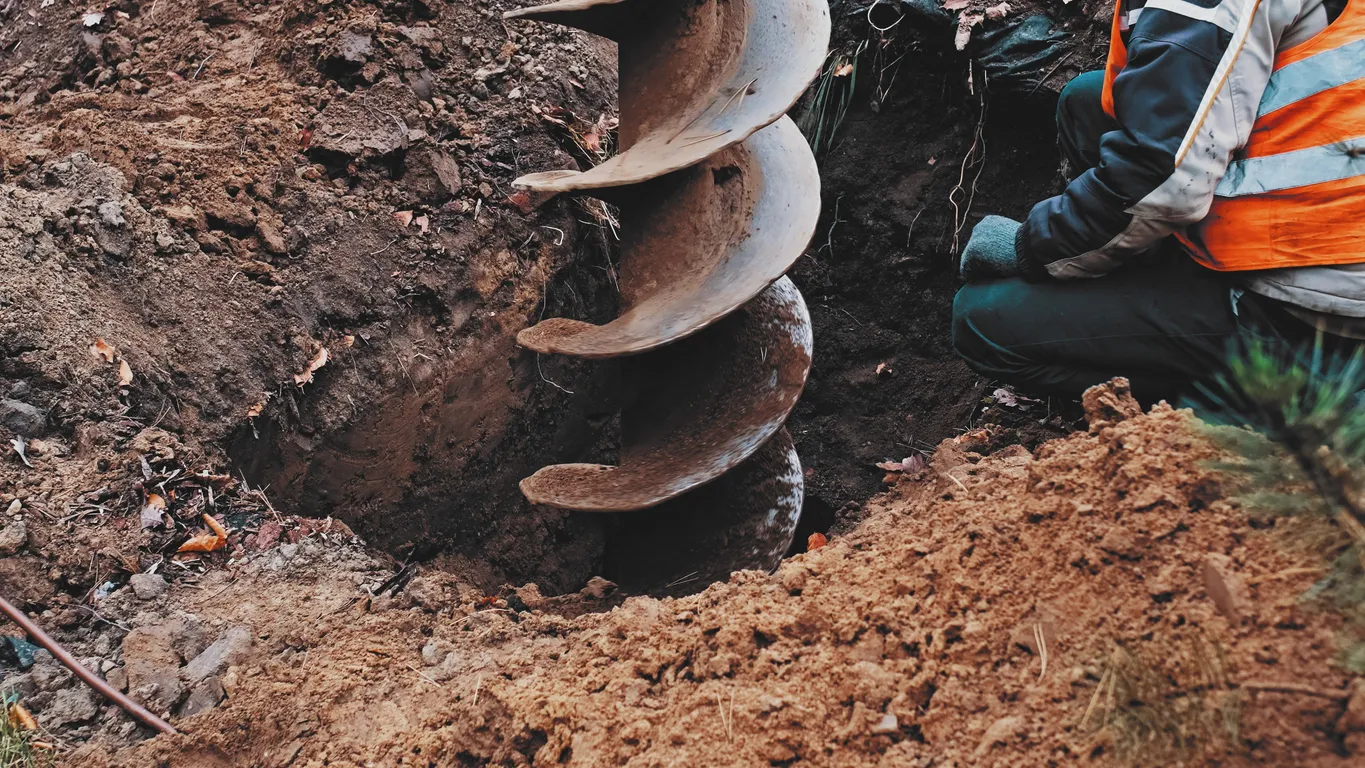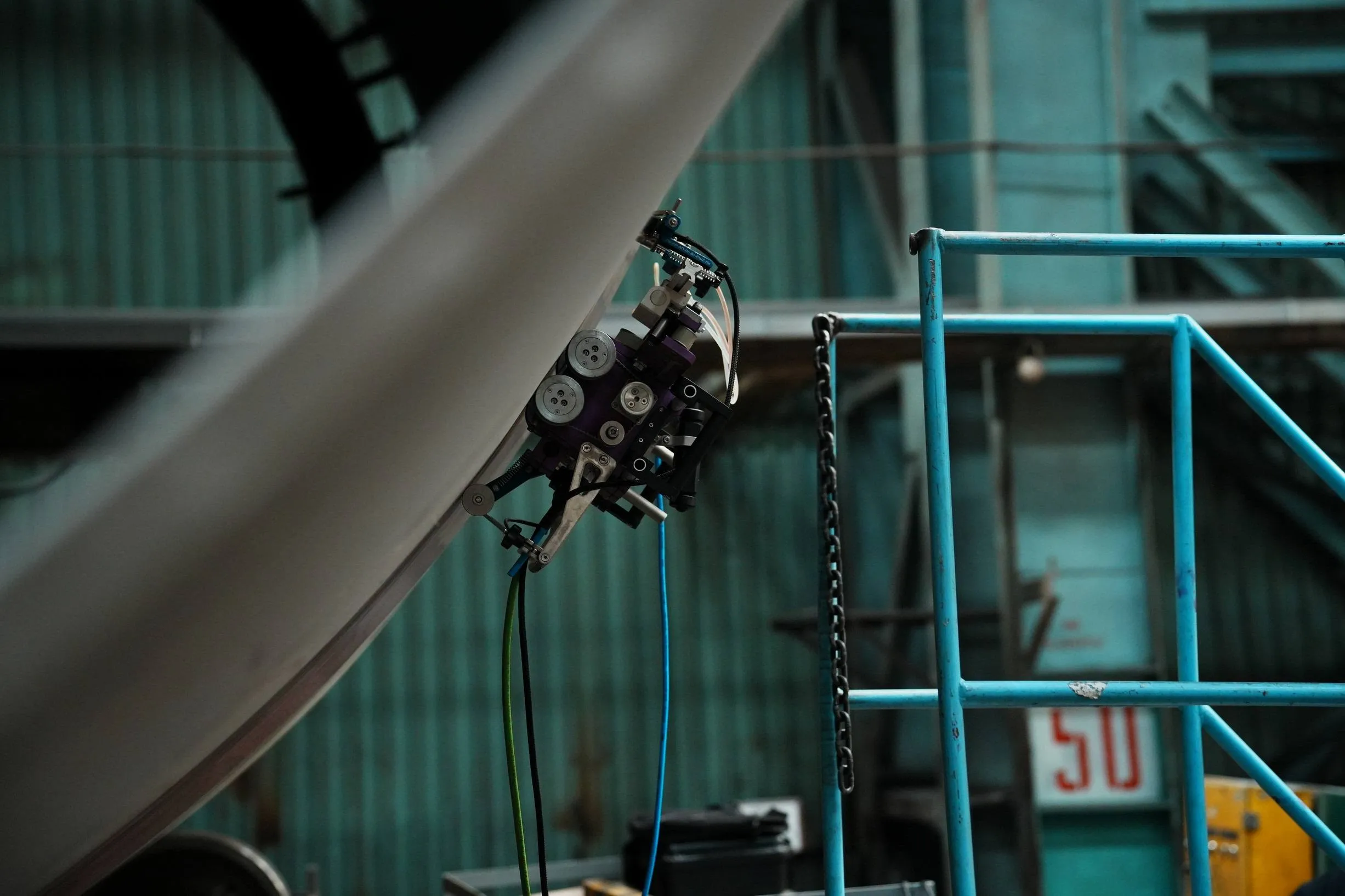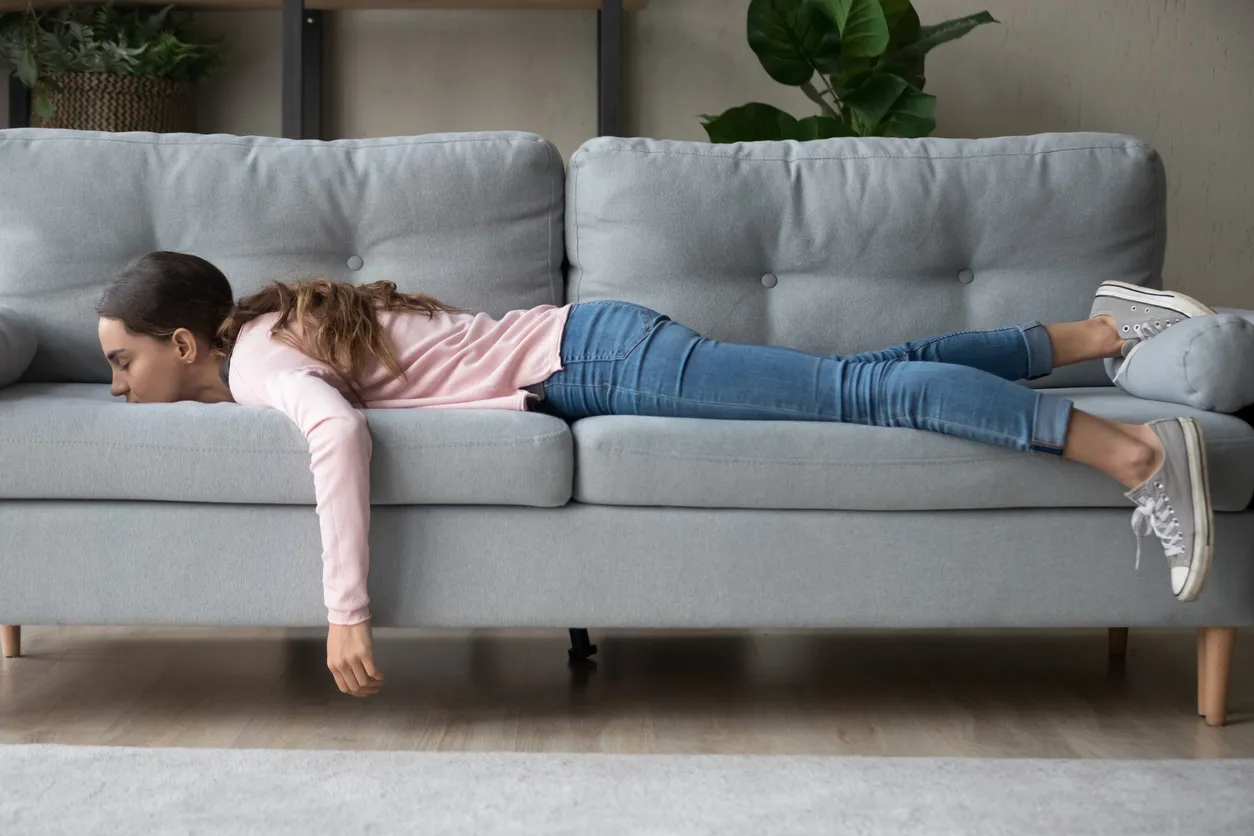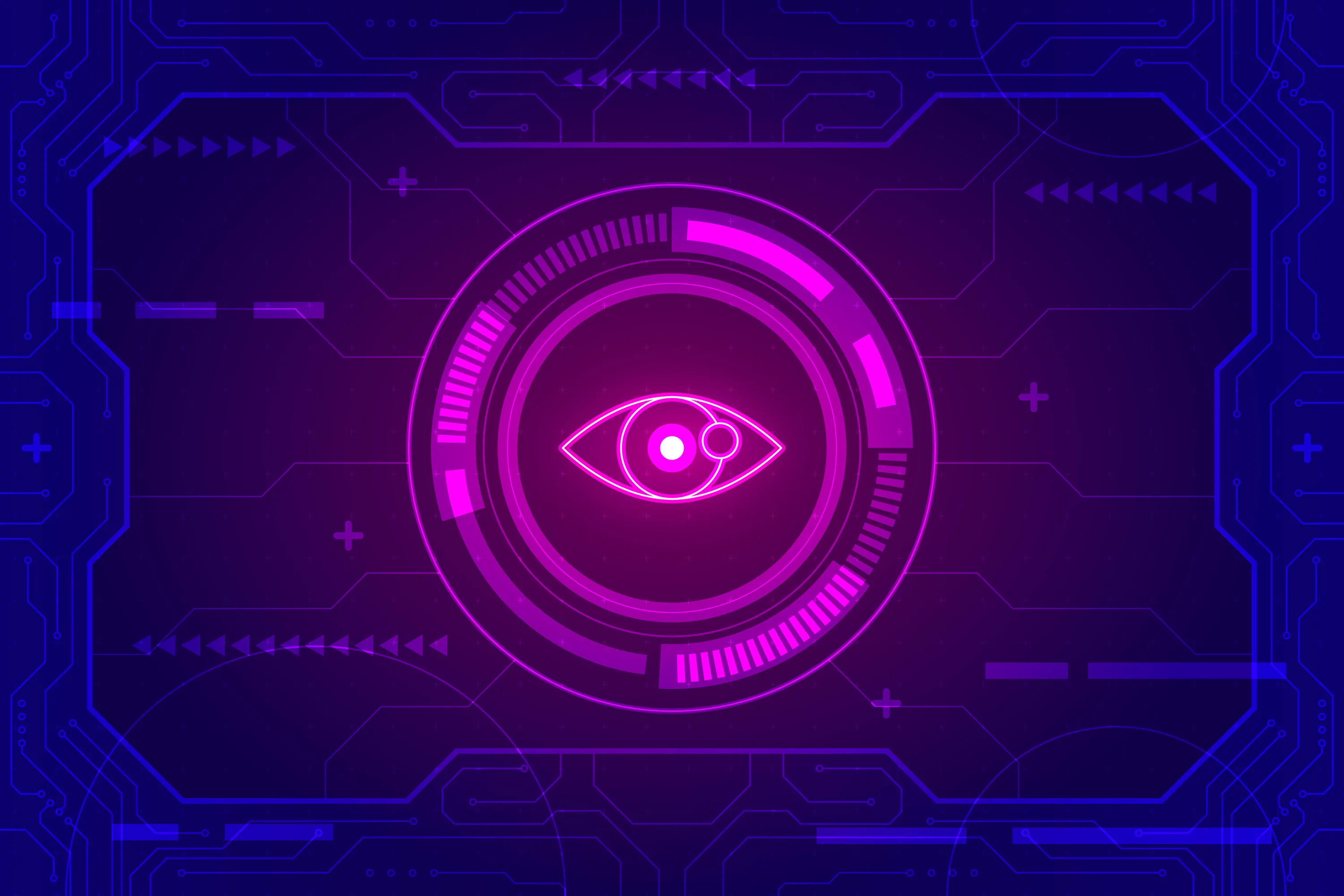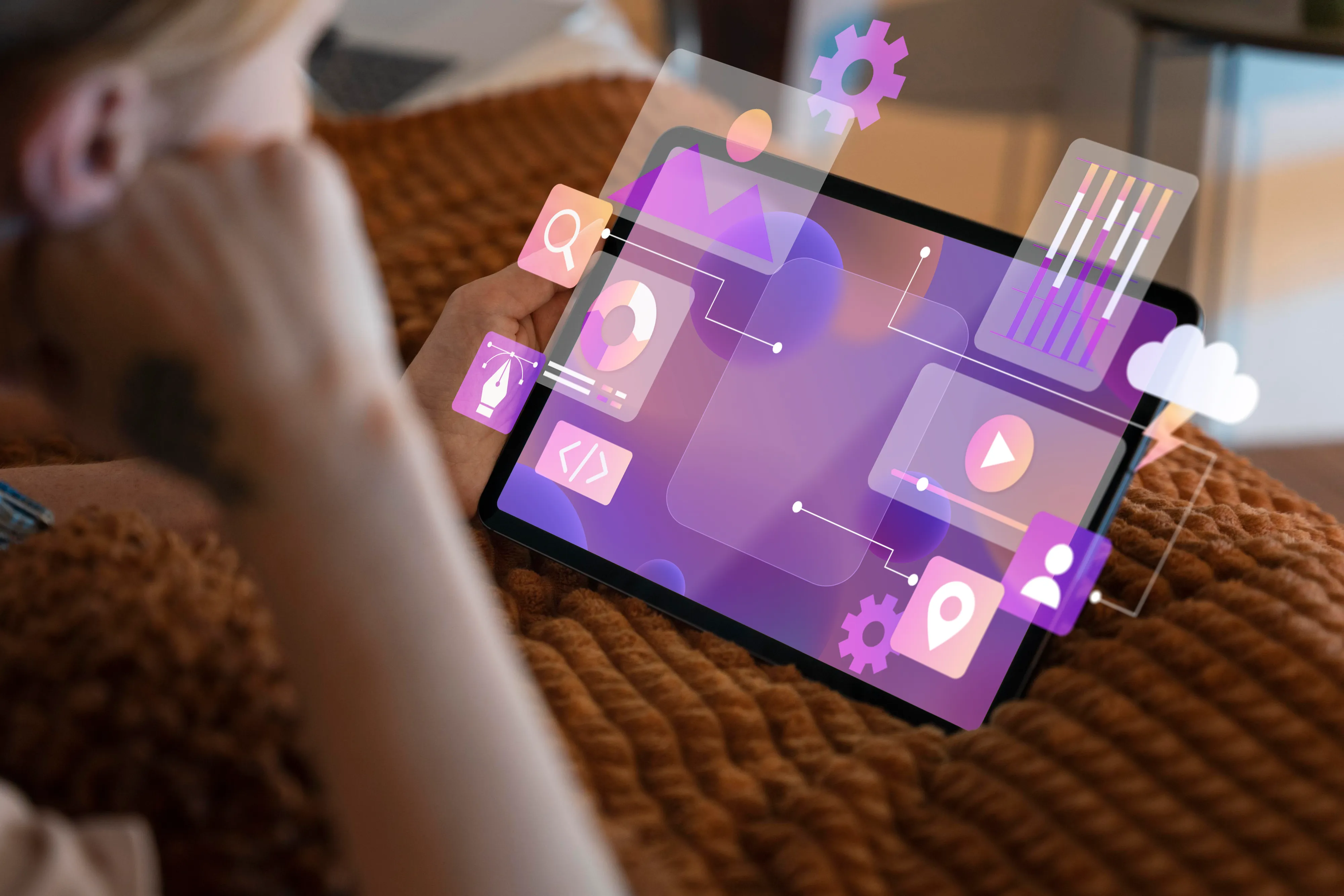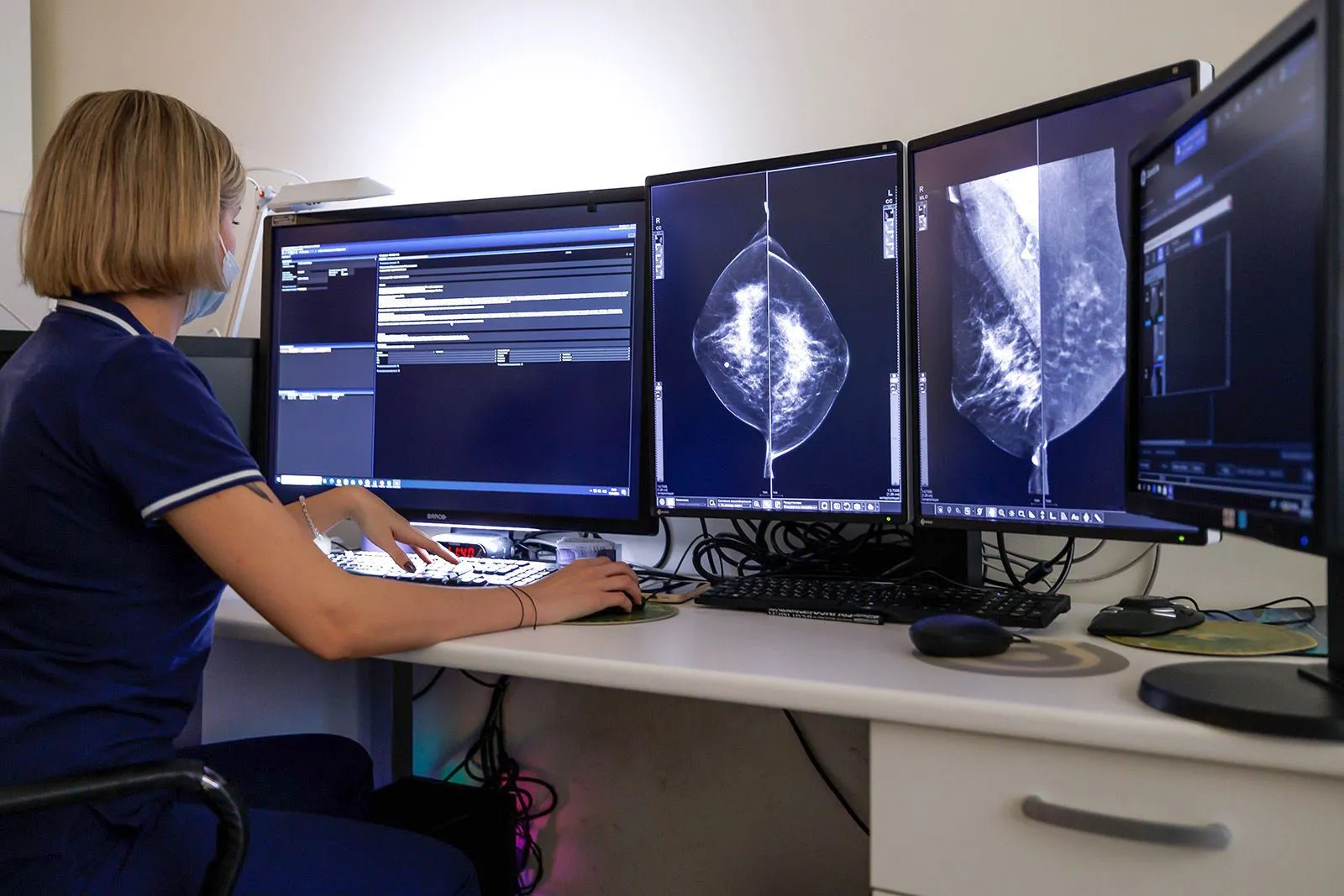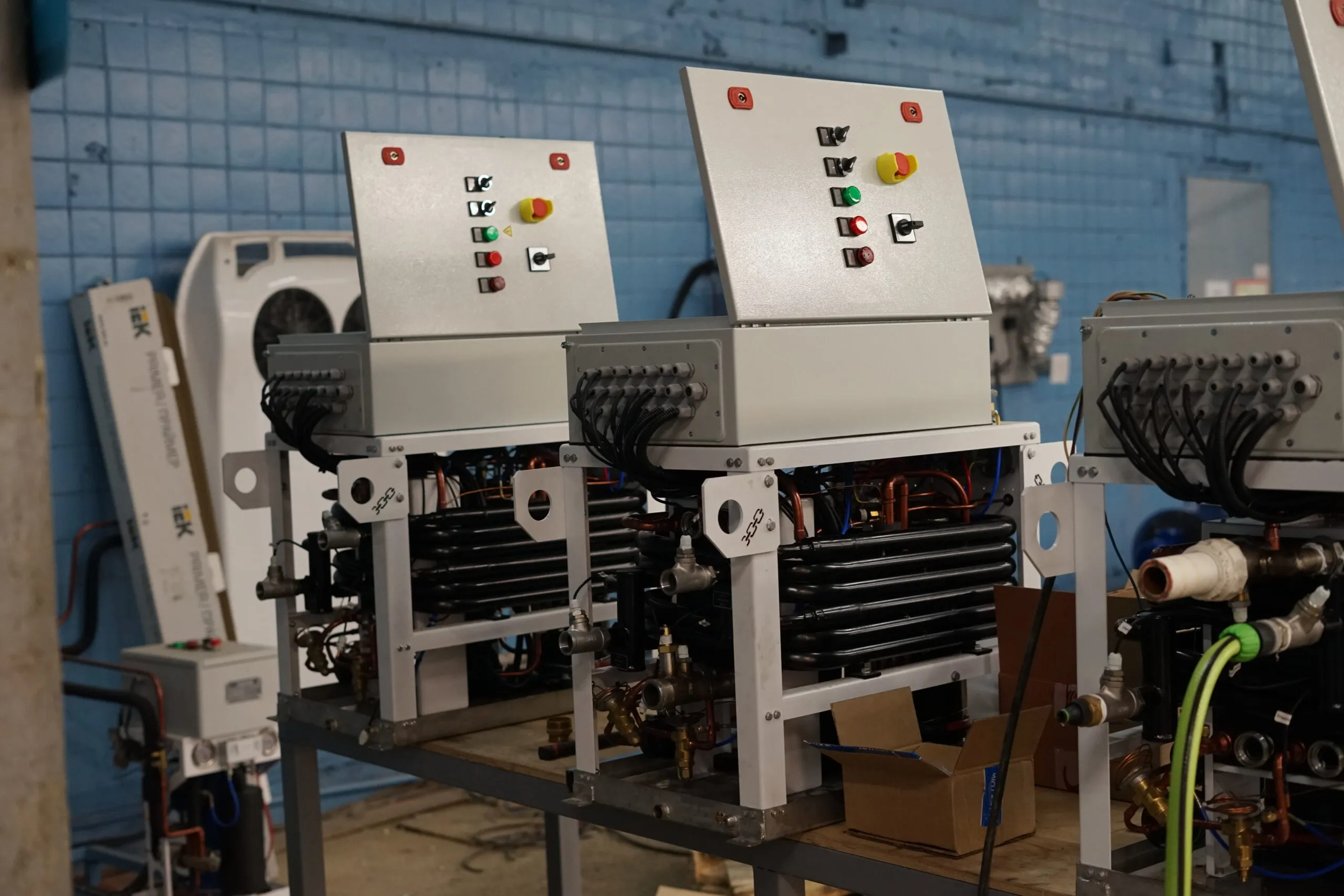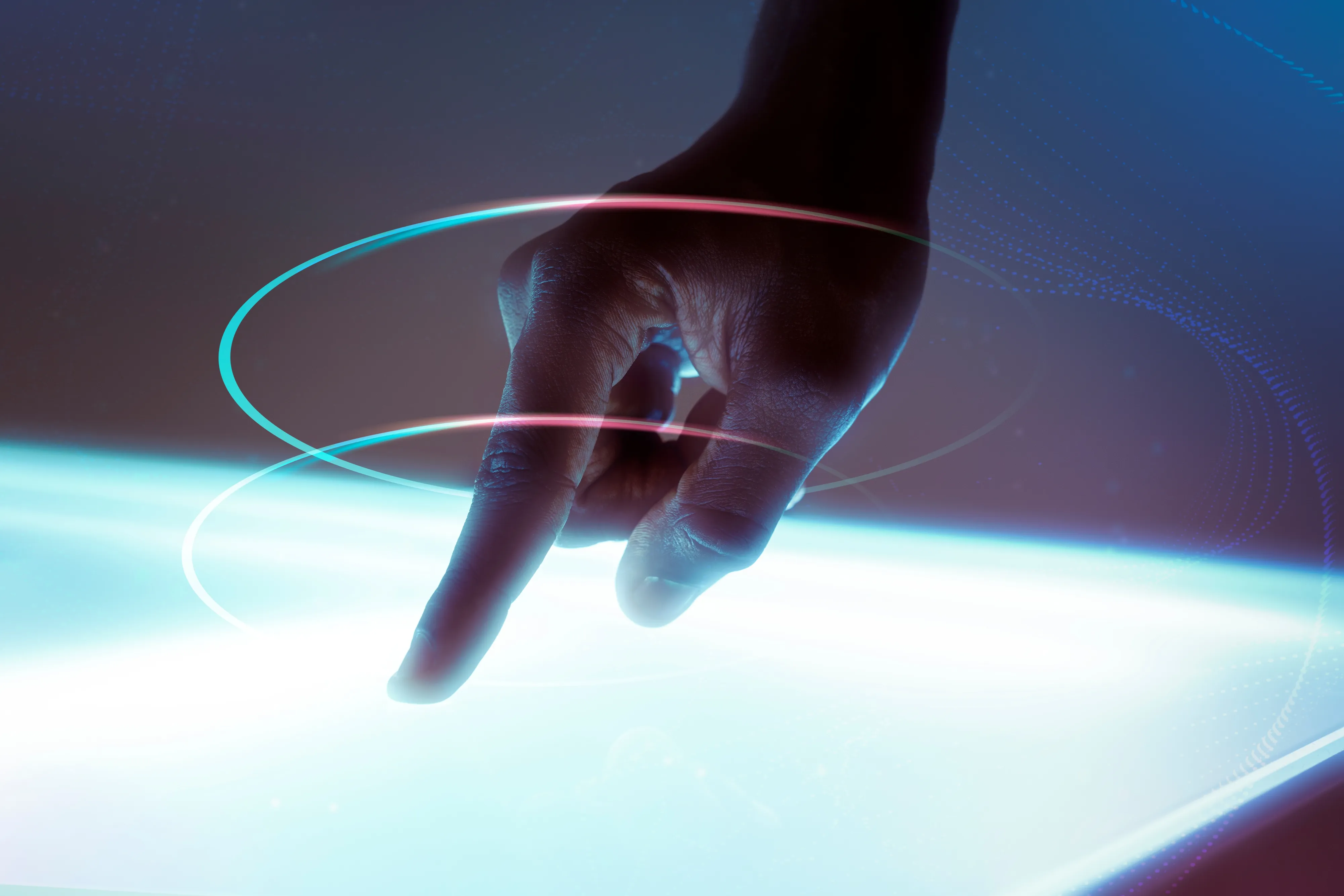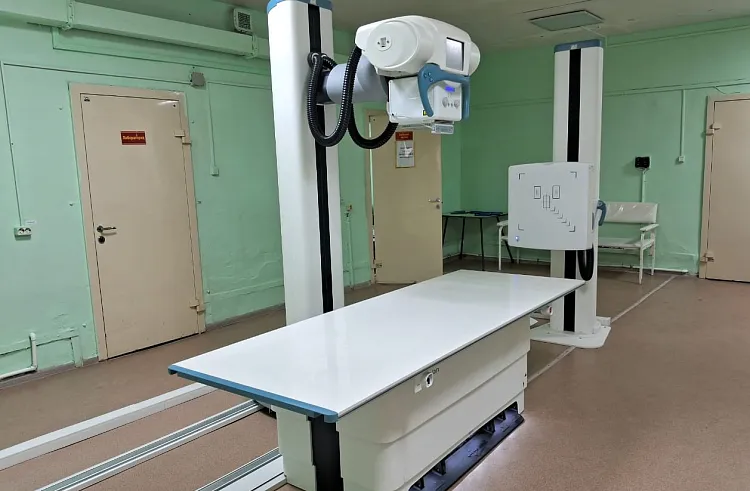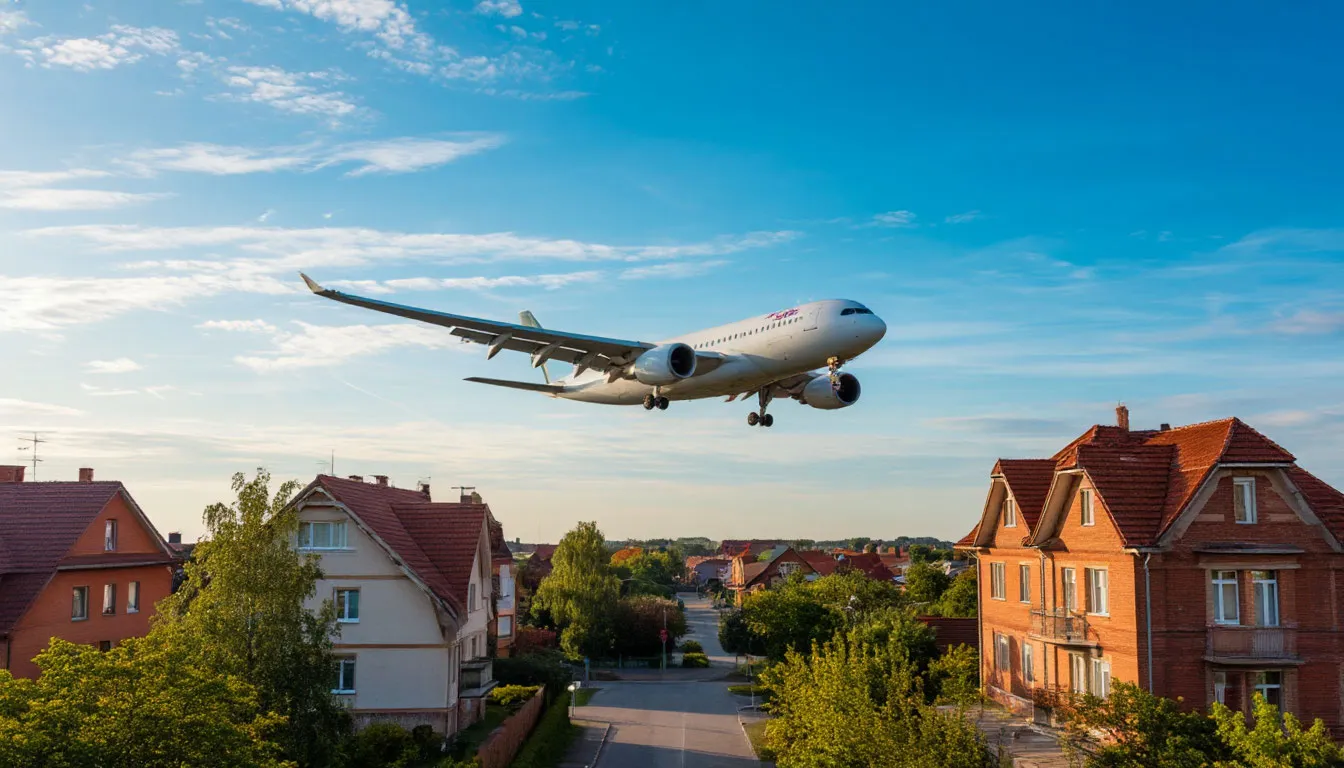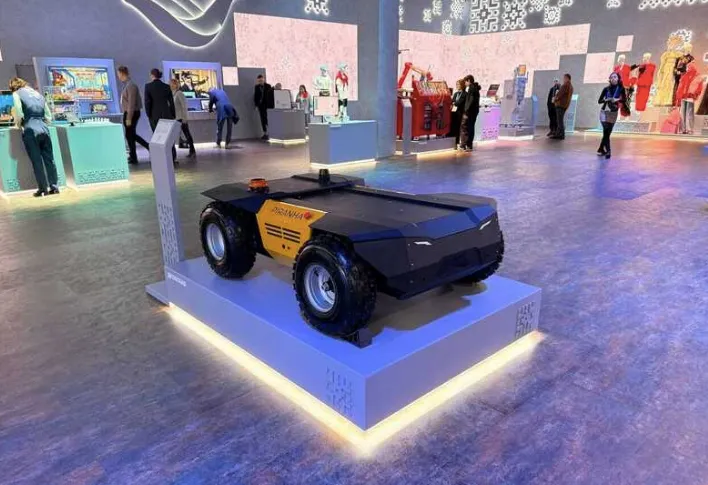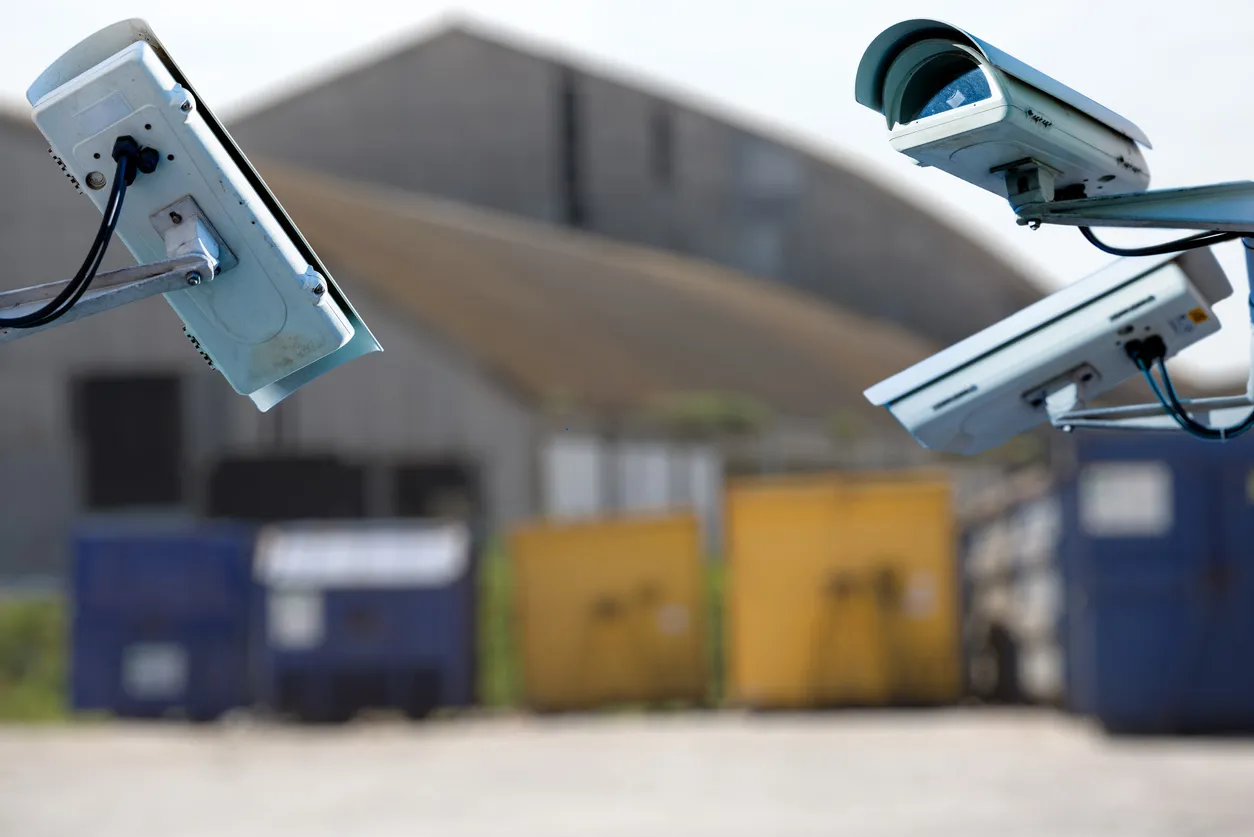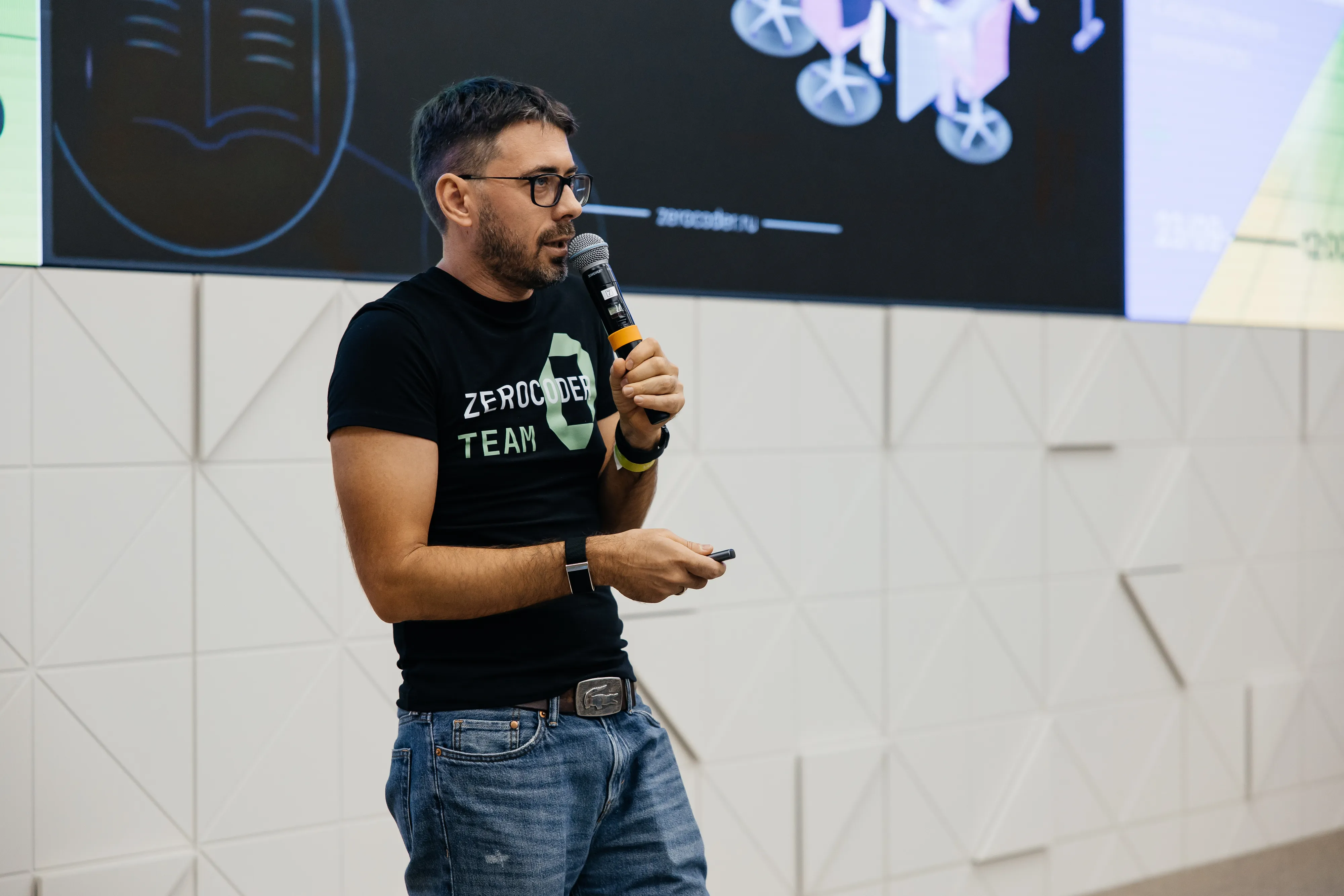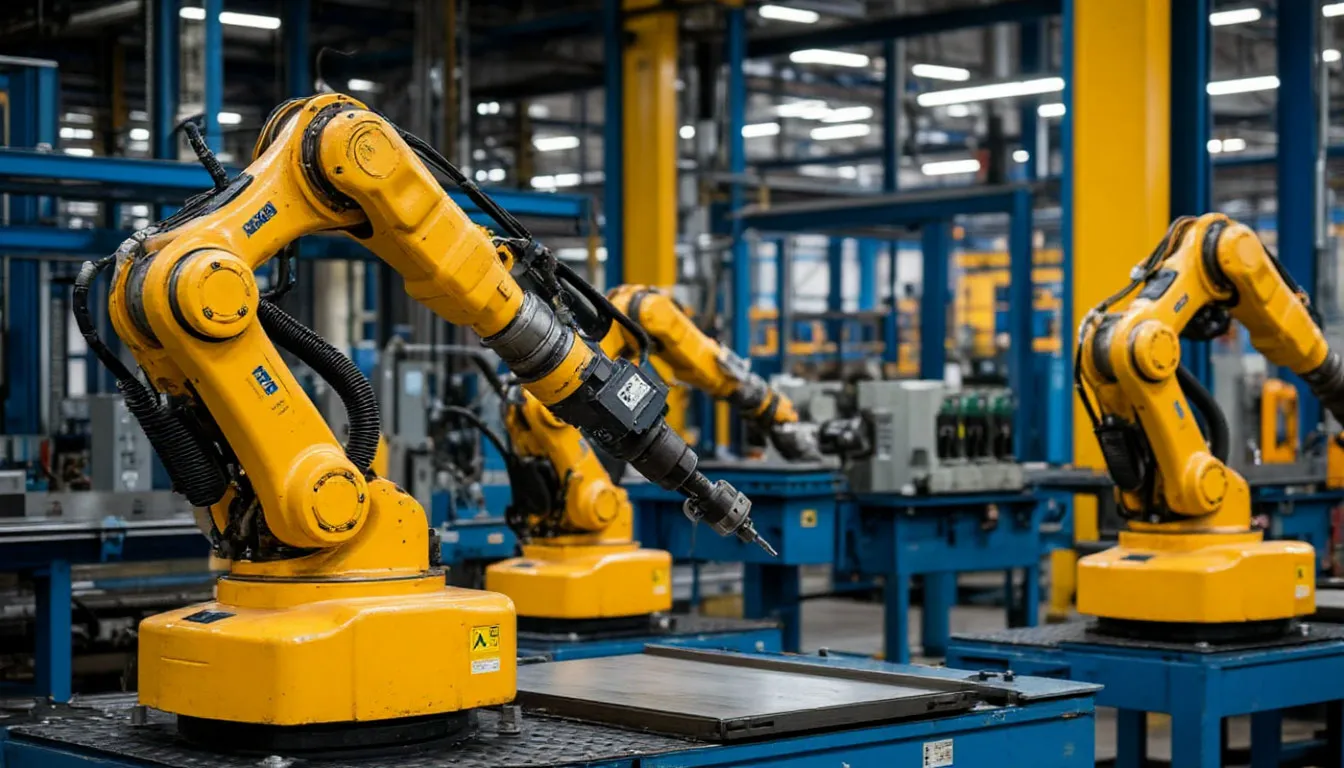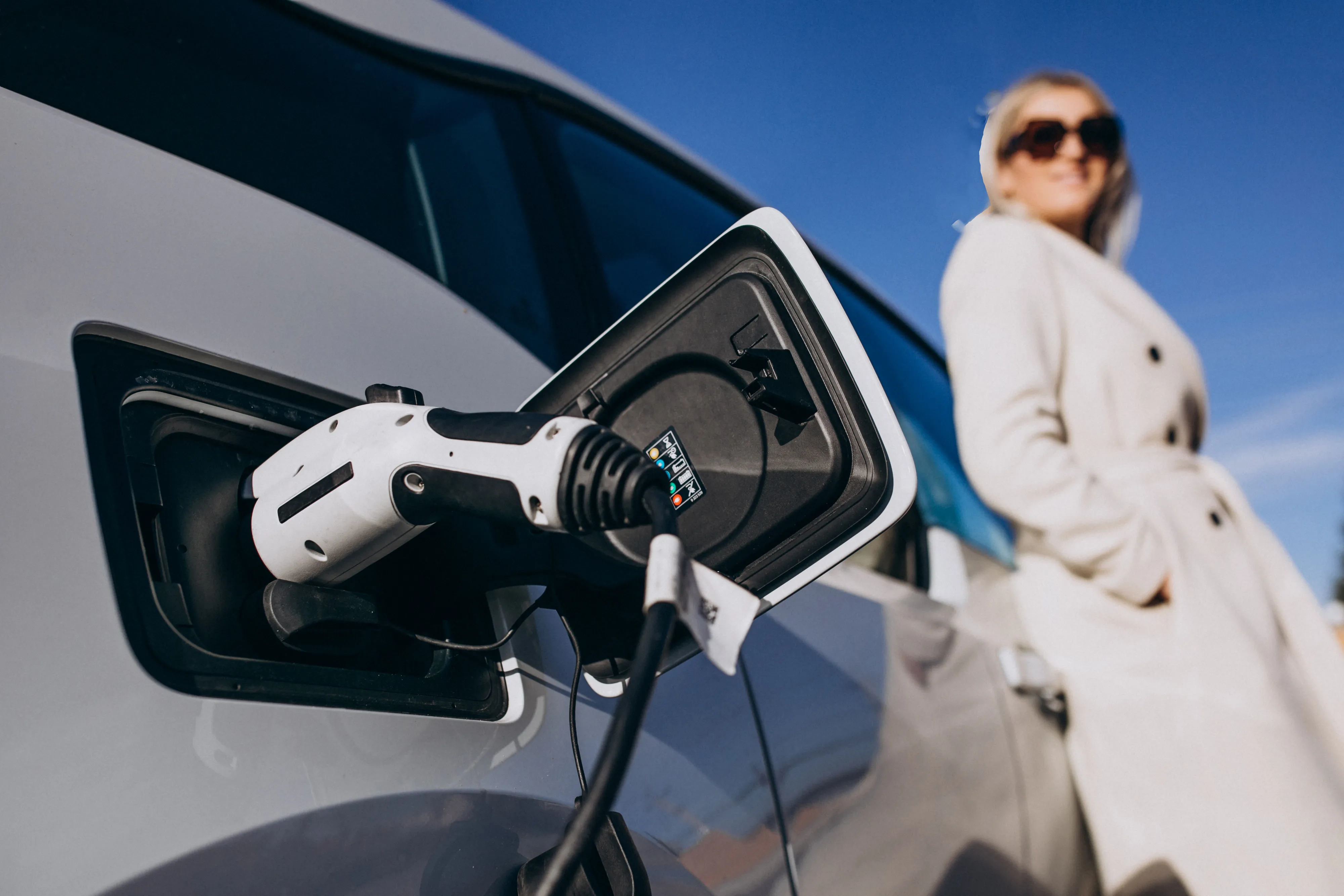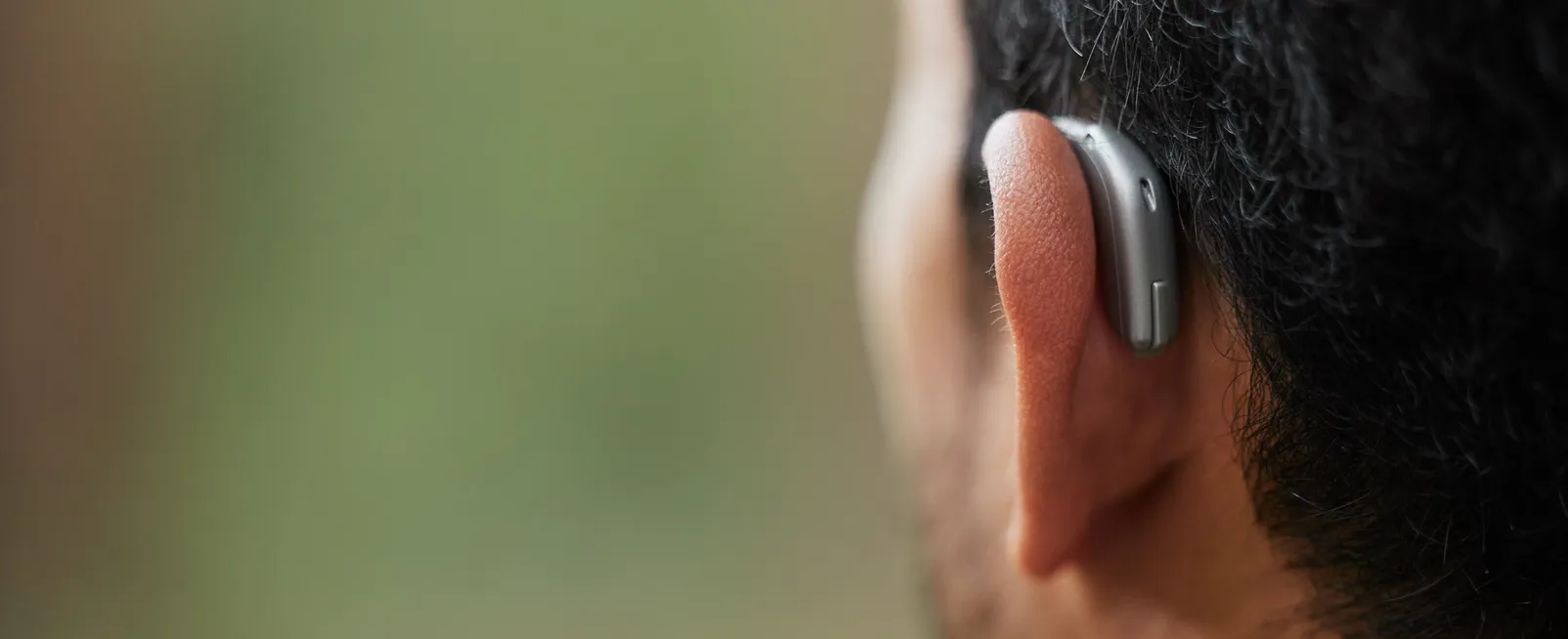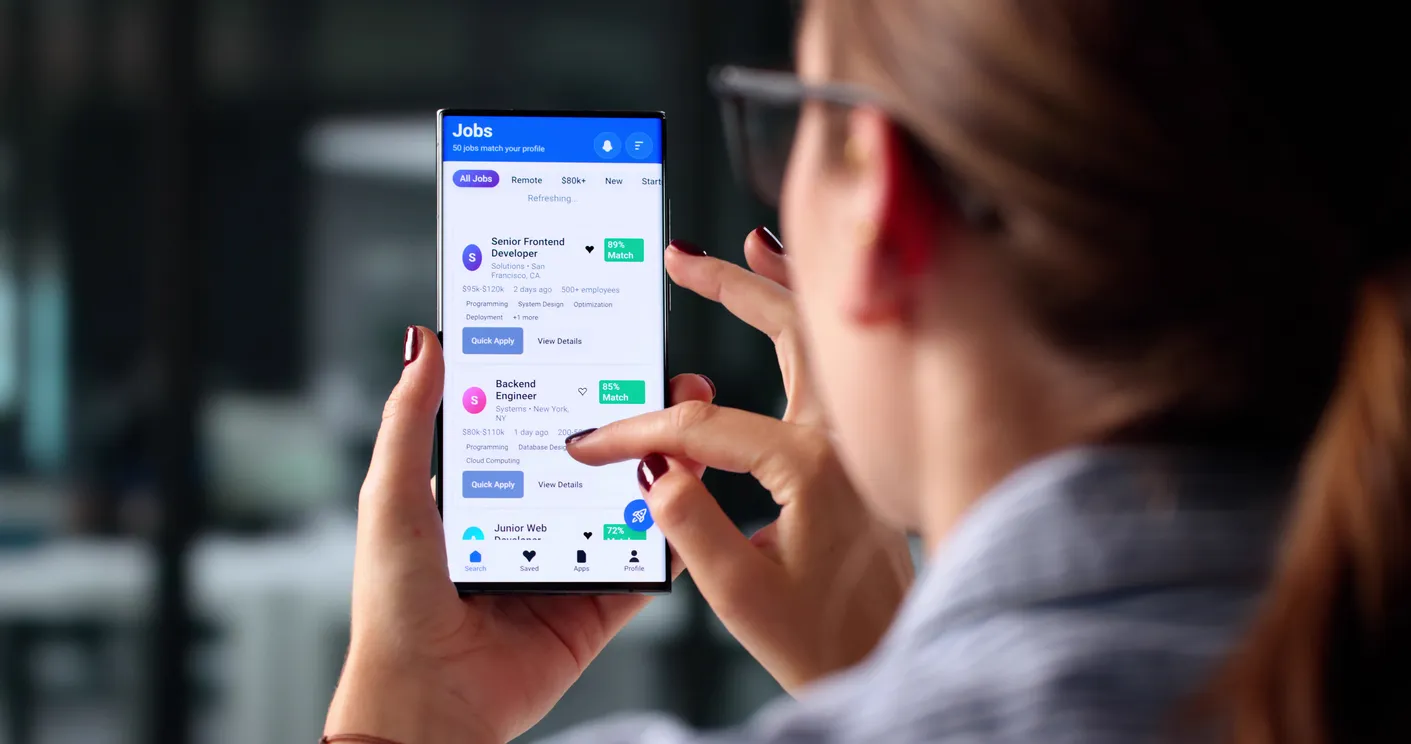Russia Uses VR and Video Games to Help Patients Recover After Stroke and Heart Attack
In Karelia, doctors are turning rehabilitation into an immersive experience powered by virtual reality and robotics
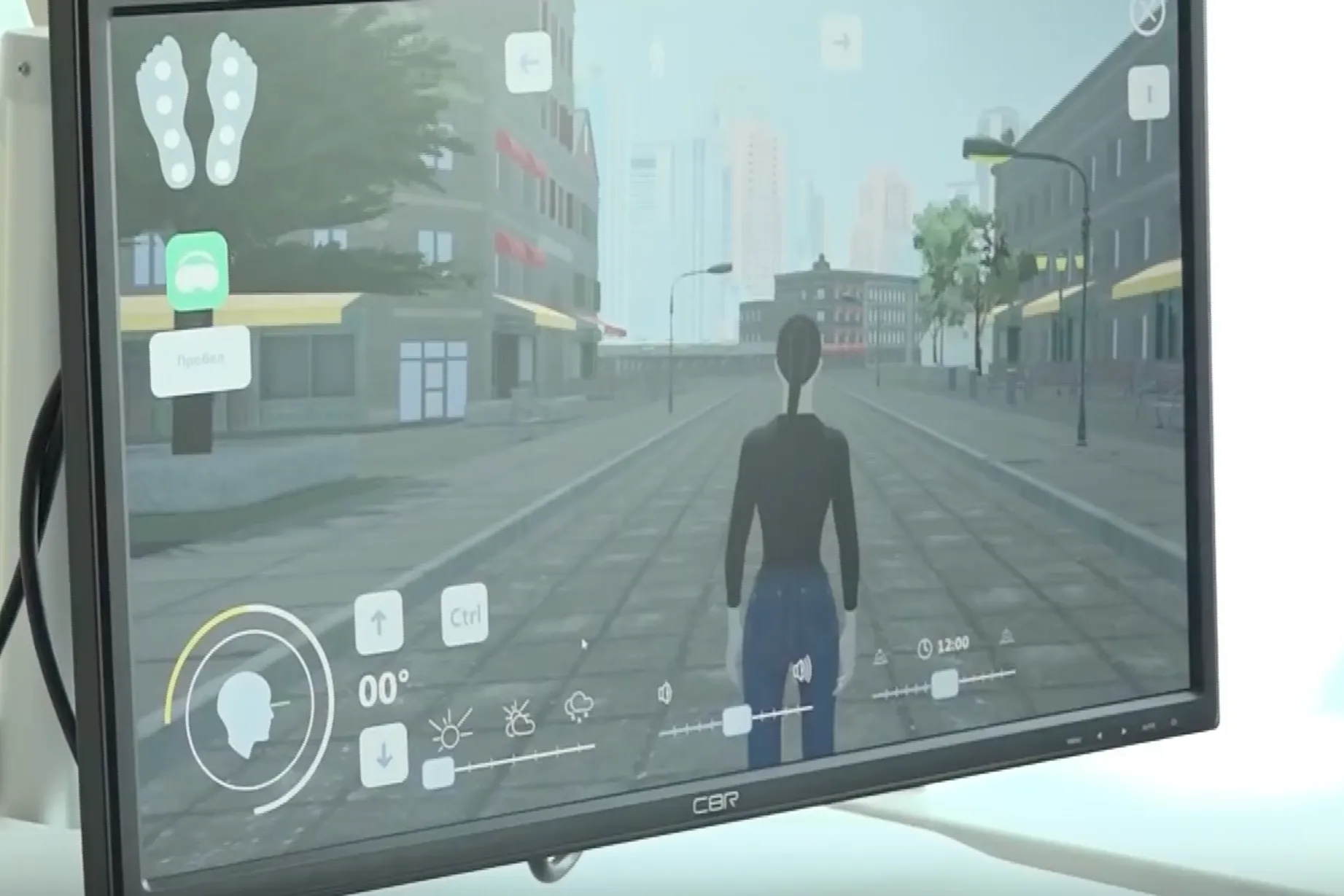
A hospital in the Republic of Karelia has opened a new rehabilitation wing that uses video games and VR headsets to help patients recover motor and cognitive skills after strokes, heart attacks, and traumatic injuries. The approach combines playful interaction with serious medical therapy — and it’s already showing results.
Healing Through Gameplay
The system turns everyday movements into therapeutic exercises. In one program, patients control a virtual car by tilting their bodies, improving balance and coordination. Other exercises involve sorting or selecting digital objects to retrain cognitive abilities. “Depending on the goal — whether it’s expanding the range of motion or restoring mental agility — we can use familiar activities to aid recovery,” doctors at the center explained.
Learning to Walk Again
Alongside VR systems, the department features robotic rehabilitation machines that simulate walking on different surfaces — from smooth pavement to soft soil. Motion visualization on large screens helps patients relearn walking faster by reinforcing the connection between movement and feedback. The advanced equipment spans three floors of the facility.
Russia’s healthcare system is now expanding this model nationwide, aiming to make VR- and AI-assisted recovery available to patients across the country in the near future.


